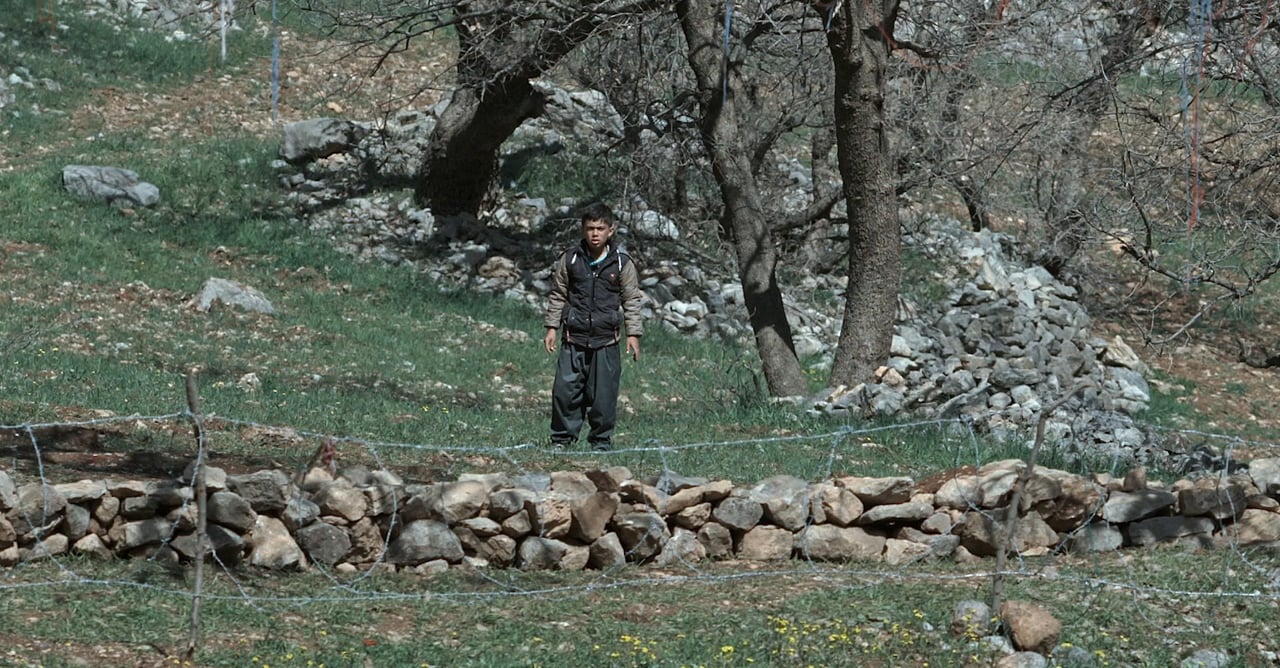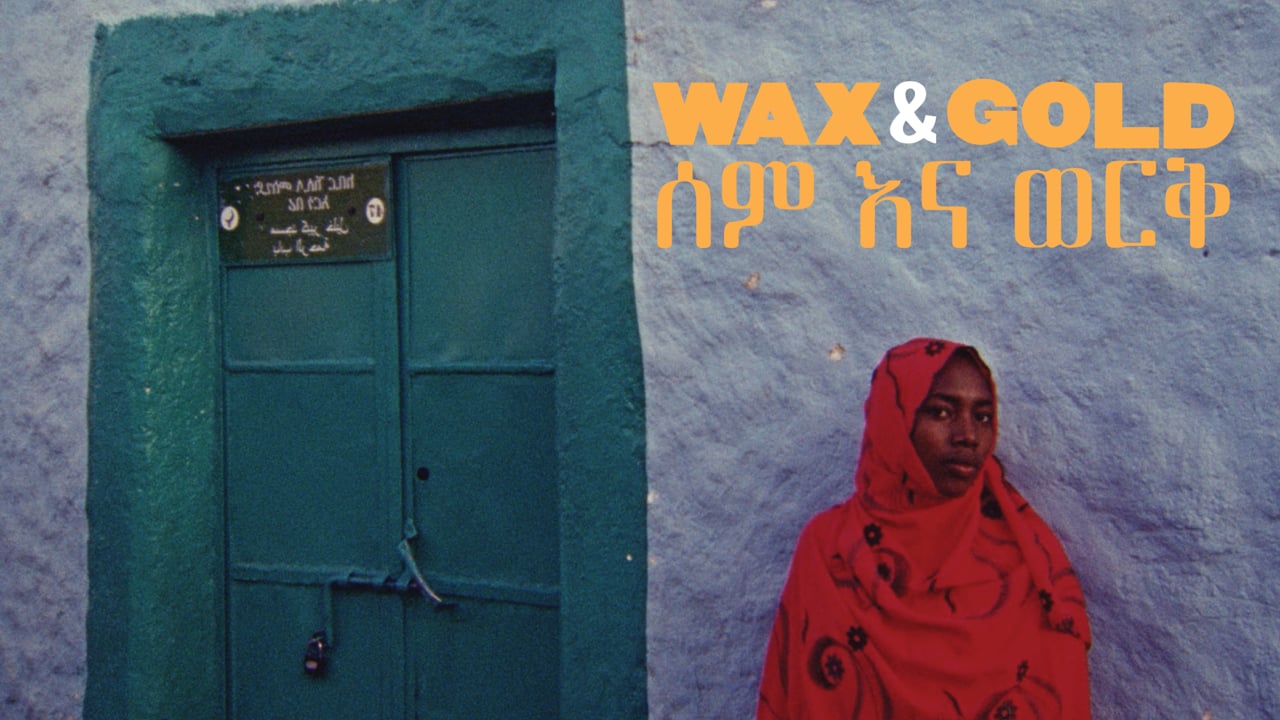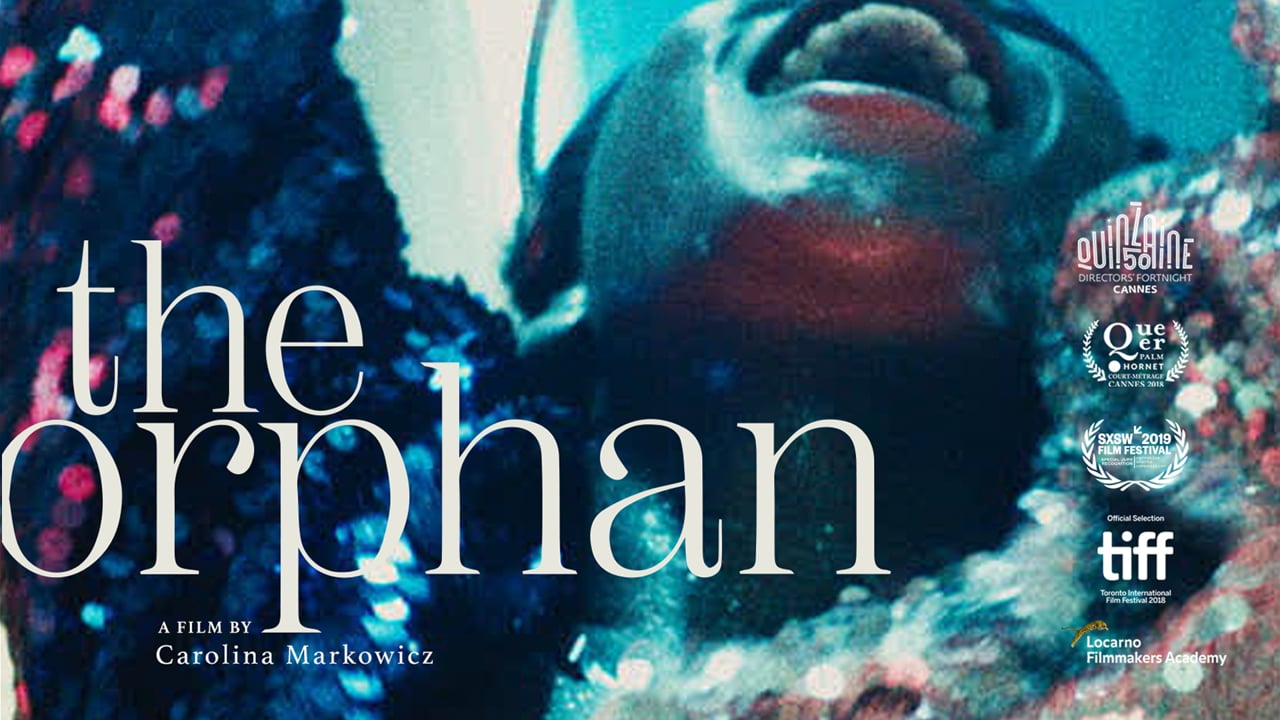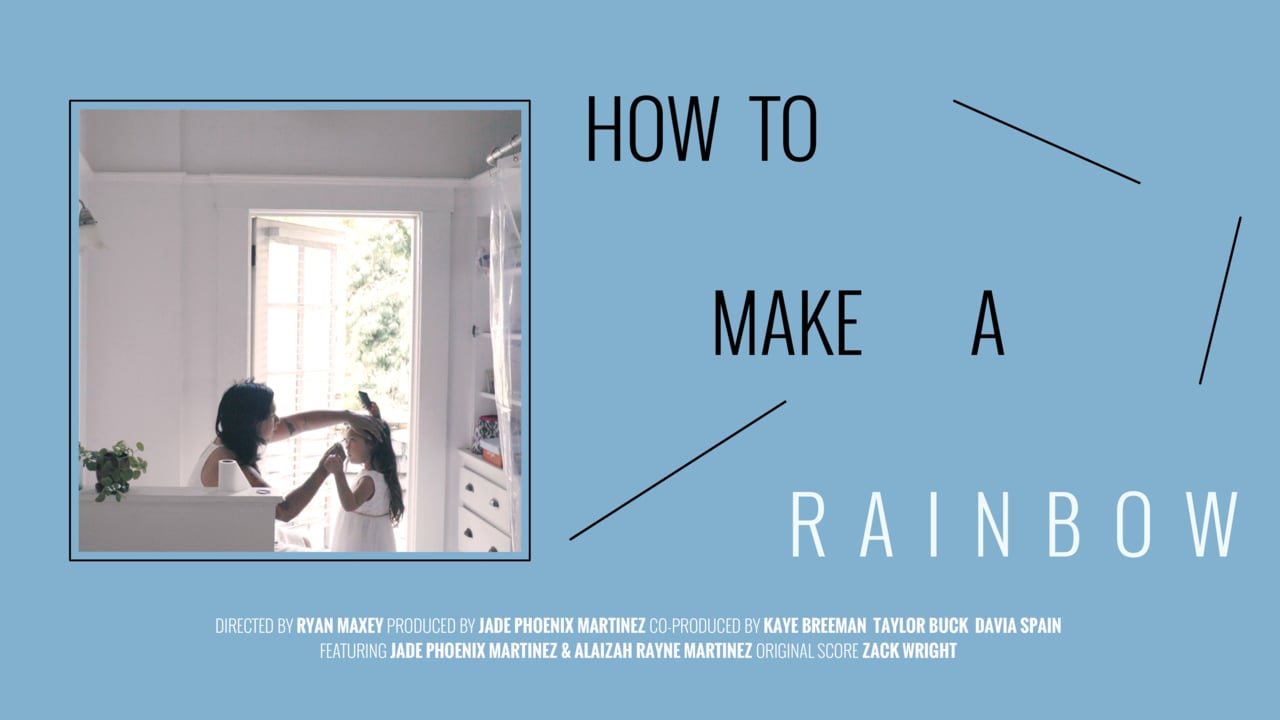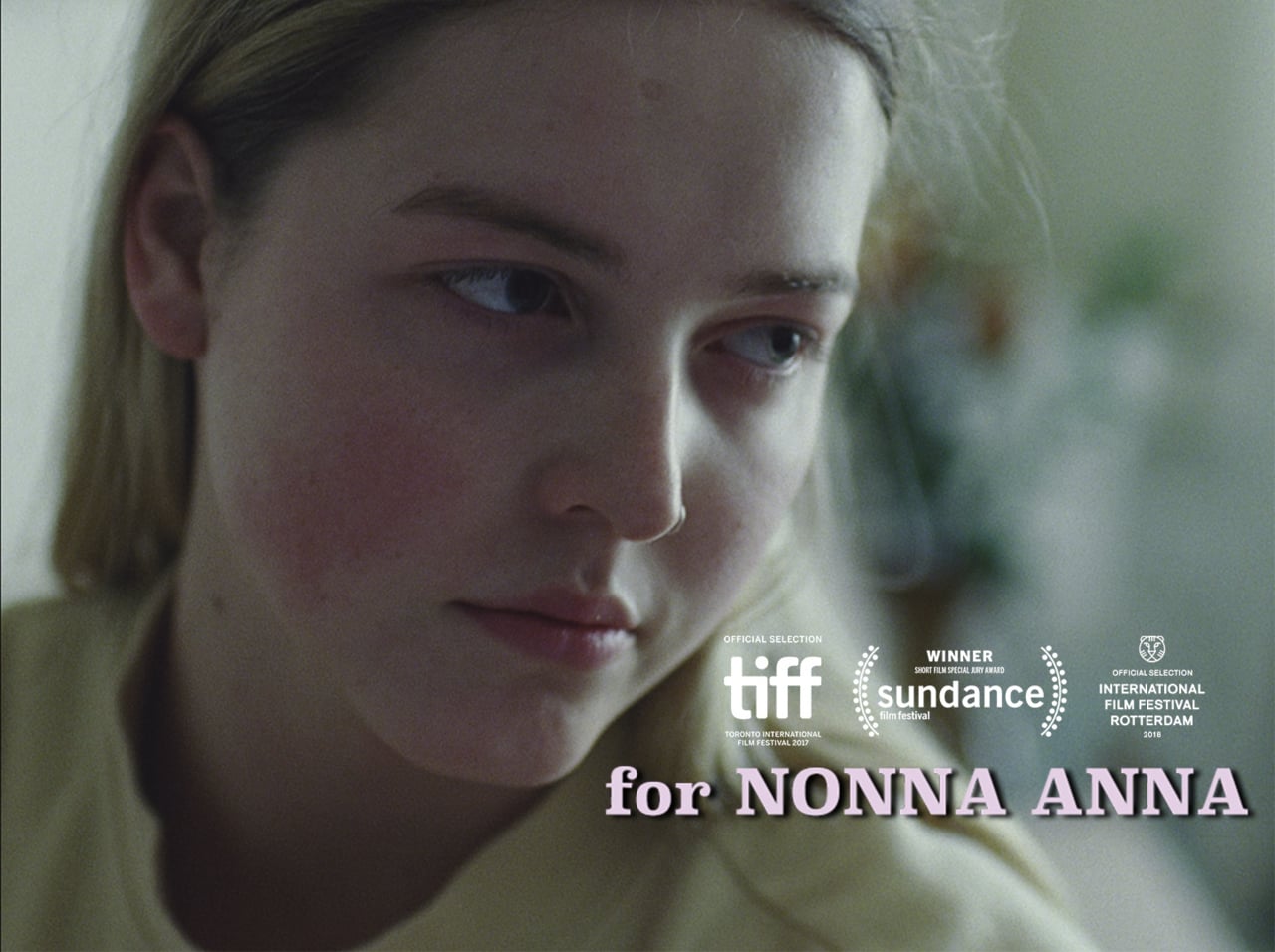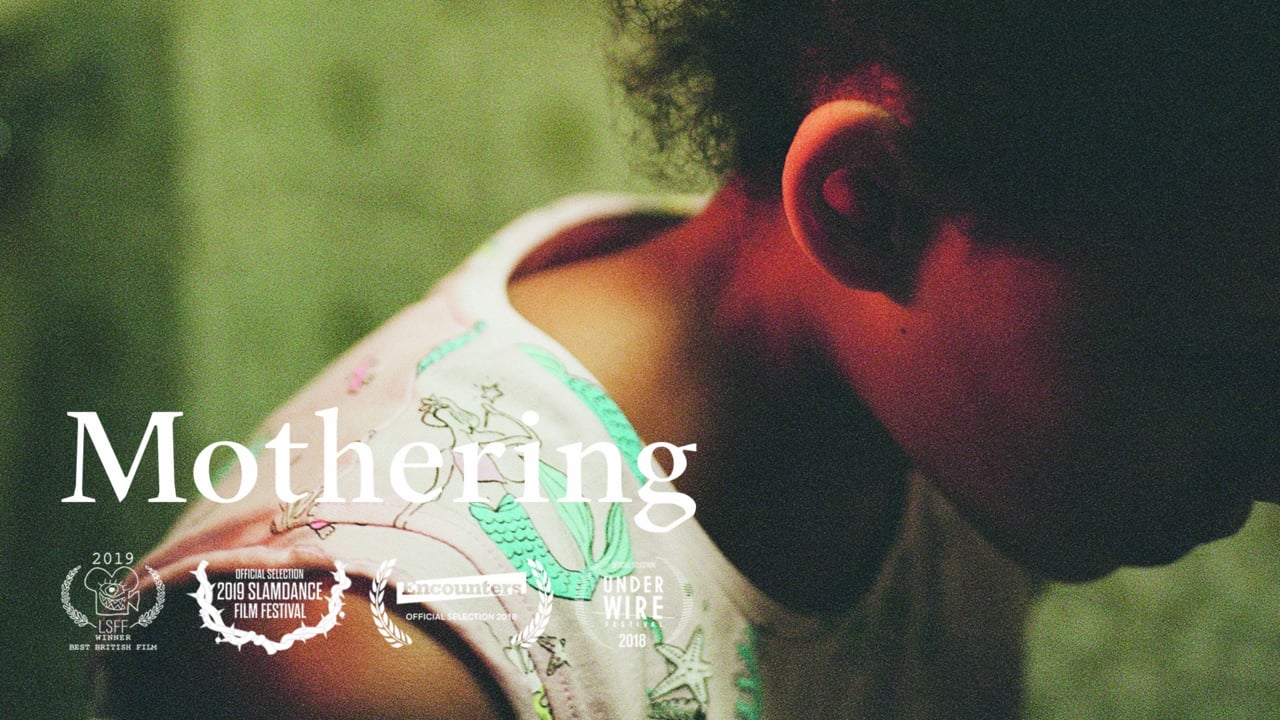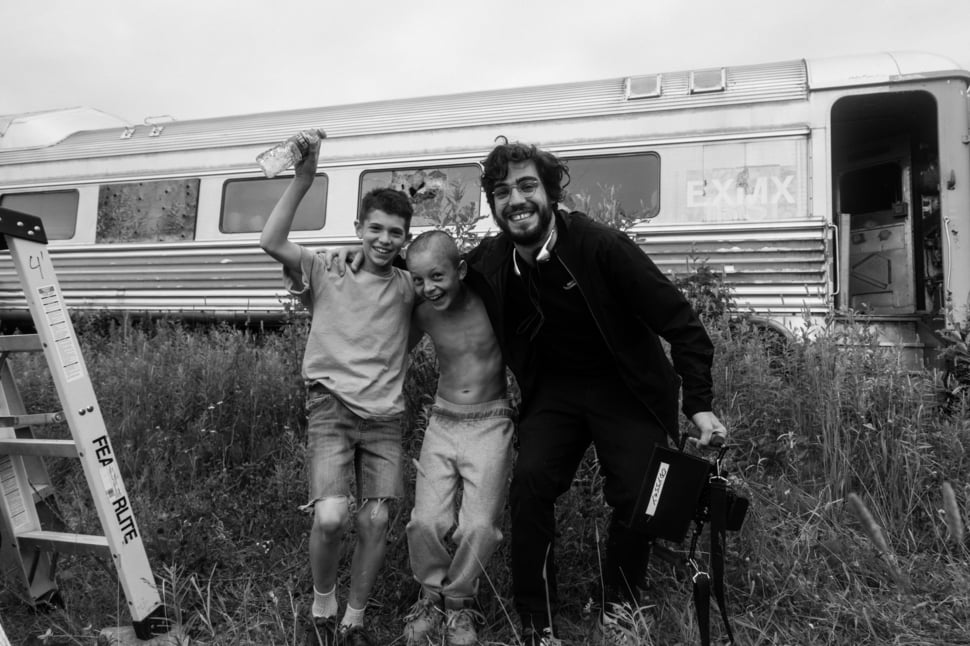When Iranian director Kaveh Mazaheri debuted “Retouch” in 2017, it shocked audiences around the world. A complicated study of marital life in modern Iran, “Retouch” dominated the festival circuit, taking home more than 45 international awards — including ‘Best Short Film’ at Tribeca Film Festival, Palm Springs ShortFest, and the Krakow Film Festival. Now for the first time ever, you can watch it online, exclusively on Vimeo.
Duality is at the center of “Retouch,” which revolves around Maryam, the young wife of Siyavash. Maryam is obedient to Siyavash’s patriarchal orders, but when she suddenly finds him in a life-and-death situation, she falters for the first time. With a focus on Maryam’s face and her reactions, Mazaheri crafts a nuanced portrait of right and wrong, love and hate, grief and cruelty. He also explores the strange way an accident can evolve into a premeditated act — and the role of performance in our personal, professional, and digital lives. What unfolds is a moral allegory that continues to leave audiences divided and thrilled.
In celebration of today’s premiere, we reached out to director Kaveh Mazaheri for more insight into his work. Check out what he had to say, below.
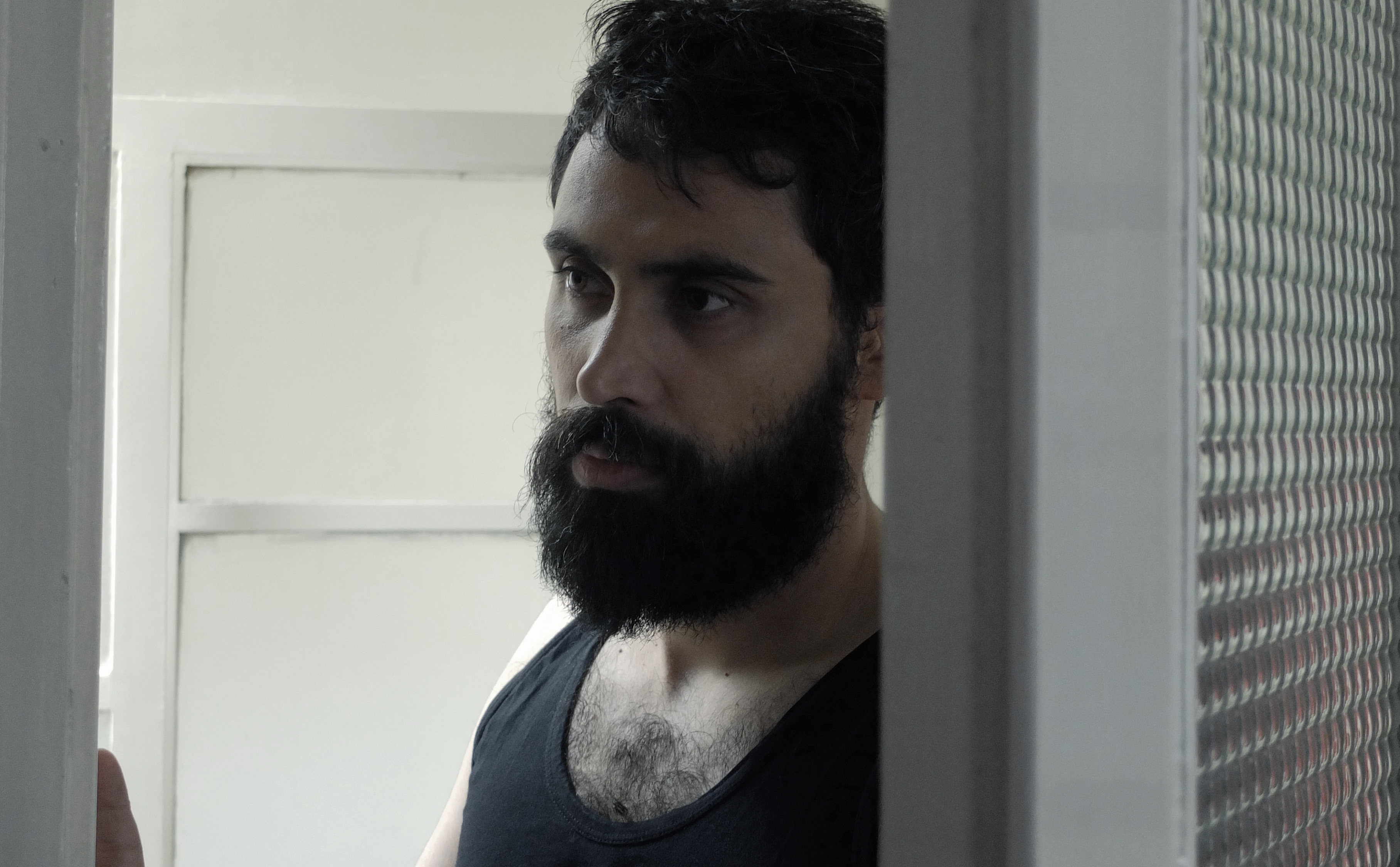
On the film’s origins:
“A few years ago, I was watching a video online. It began with a boy fixing his phone to a desk to a film himself, then he laid under a barbell and tried to lift it up. The barbell seemed to weigh about 100 kg. (220 lbs.) more or less. Usually when somebody does this, they ask a partner to help; nobody does it alone. It can be very dangerous.
Anyway, the boy did it. He lifted the barbell up and down, and tried to lift it up again, but he couldn’t. It was such a terrible moment; the boy was about to die. After two minutes, his struggling started to look hilarious. He couldn’t do anything, and there was nobody to help him. After five minutes, the video ends and the boy is safe. I don’t know how he was rescued.
This video spread everywhere. After viewing, I thought to myself: I watched this video for five minutes without blinking. It turned from a normal situation to a terrible situation, and then quickly moved to a hilarious one. This could be a great idea for a short film.”
On writing the script:
“It was like solving a puzzle. At first, I had few main pieces; then I looked for the relation of these pieces to each other.”
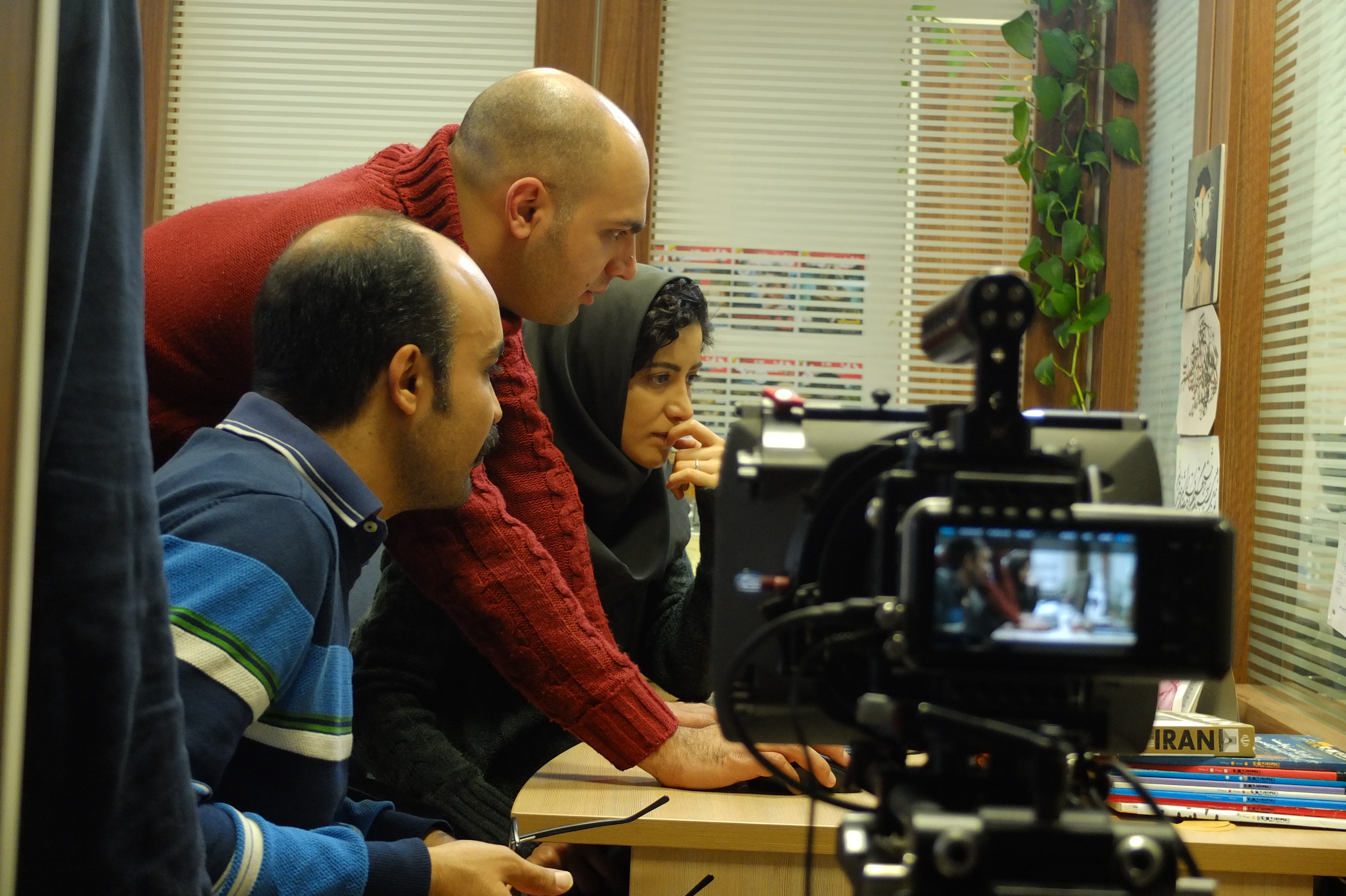
On the title:
“Persian is a language full of scribbles, metaphors, and words that have different and sometimes even opposite meanings. The word “retouch” (rootoosh in Persian) has been borrowed from French. At first it meant retouching and editing photos, but today it has more meanings. To me, the concept of this word is matched with Iranian pop culture: we Iranians are changing forms — retouching and censoring ourselves — from morning to night, either personally or by the government and power institutions.”
On making films in Iran and dealing with government censors:
“There are many things we cannot show in Iran. From the very beginning, we have to accept that if we want to make films here, we should follow the basic rules of censorship. We write the scripts and make the films based on the rules. The rules are not written, so there are times we can’t tell where the line is. In these cases, the result depends on the taste and knowledge of the person in charge of checking the film.”
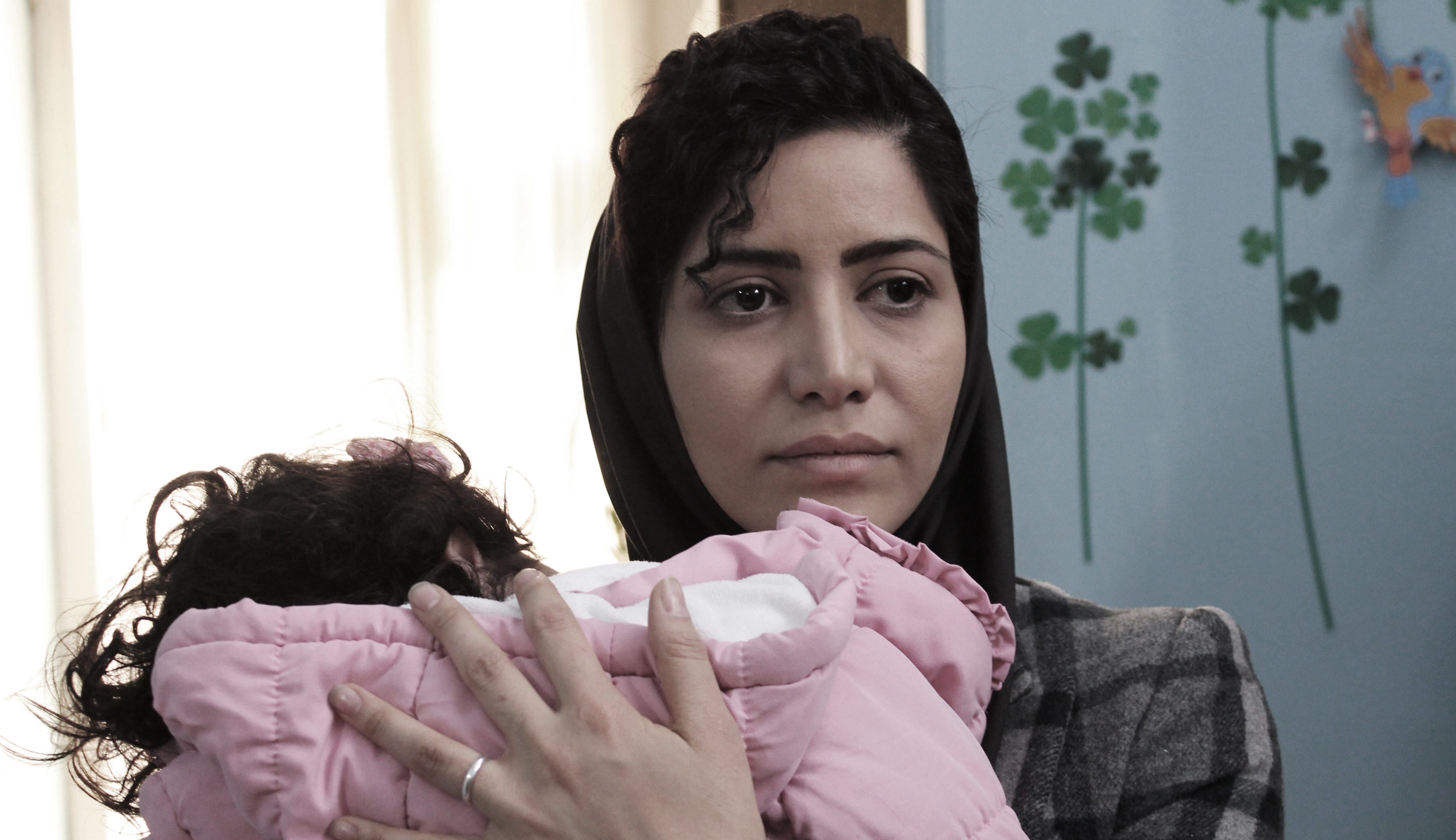
On audience reactions around the world:
“The reactions from international audiences have so much in common with the reactions from Iranian audiences. Everyone laughs at same parts, gets shocked at same parts, and gets silent in a weird way at the end. To be honest, seeing this similarity felt amazing every single time. My experience showed that female audiences could empathize with the film; many times, women would joke about how they would do the same thing if they were in Maryam’s position. The patriarchy is so deeply rooted in human history. Even women from countries with good women’s rights experience sympathy for Maryam. As the filmmaker, it’s pleasant, but as a man, it’s really sad.”
On what’s next:
“Next up, I’m distributing my short film,’Funfair’; I’m also in the pre-production stage of making my first feature film, entitled ‘Botox.’”

